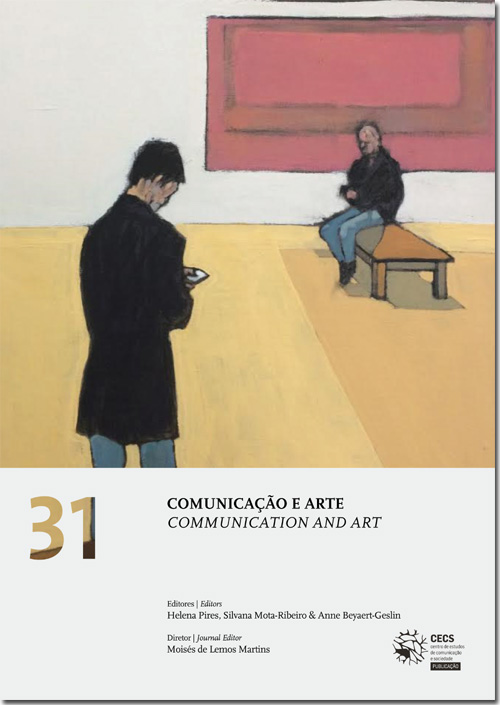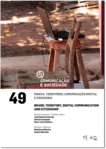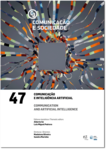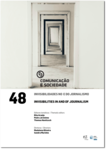House on Fire: a political and collaborative art case
DOI:
https://doi.org/10.17231/comsoc.31(2017).2609Palavras-chave:
Collaborative practices, scientific-social and philosophical action repertoires, social turn, reality urgency, utopian impulseResumo
In this article, political art is perceived at the confluence of four trends in artistic practices today: the social turn, the reality urgency, the utopian impulse, and the collaborative practices. This confluence is articulated on the assumption that political art practices are, at least to a certain point, enhancing the transition to a collaborative model between artistic culture and social scientific and philosophical culture. Framed by this double perspective on art – political and collaborative –, this article is drawn from a major study about the House on Fire European network of festivals and theatres. The qualitative data that support this research consists of House on Fire’s activity plans and programmes from 2012 to 2015. The qualitative data was also analysed by resorting to research notes taken by the researcher in the position of spectator. This study is guided by the following aims: to explore the political agency position of House on Fire; to identify the focus of society criticism in the House on Fire’s programmes; and to construct an exploratory typology of collaborative modalities between artistic culture and social-scientific and philosophical culture.Downloads
Downloads
Publicado
Como Citar
Edição
Secção
Licença
Os autores são titulares dos direitos de autor, concedendo à revista o direito de primeira publicação. O trabalho é licenciado com uma Licença Creative Commons - Atribuição 4.0 Internacional.











